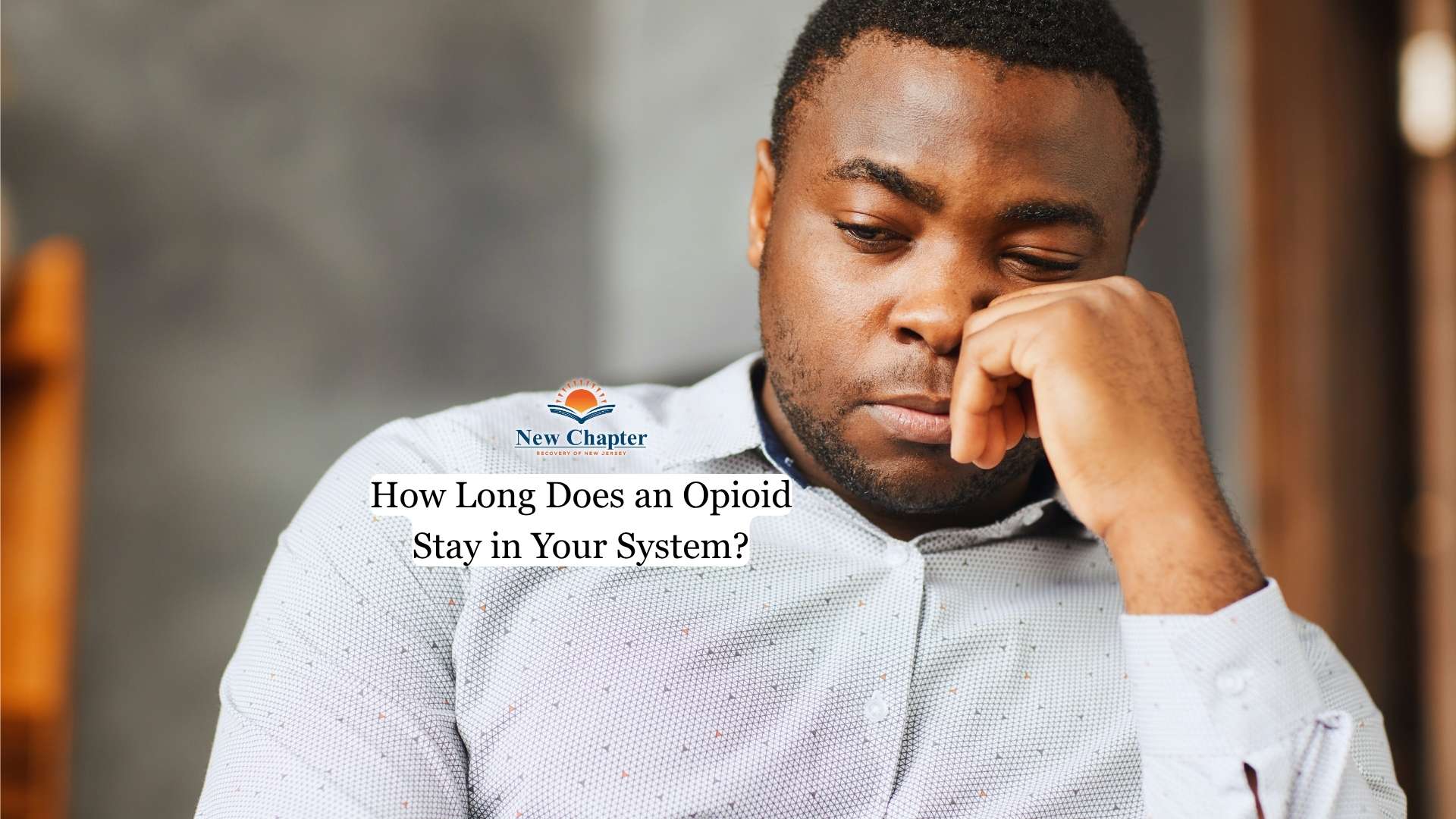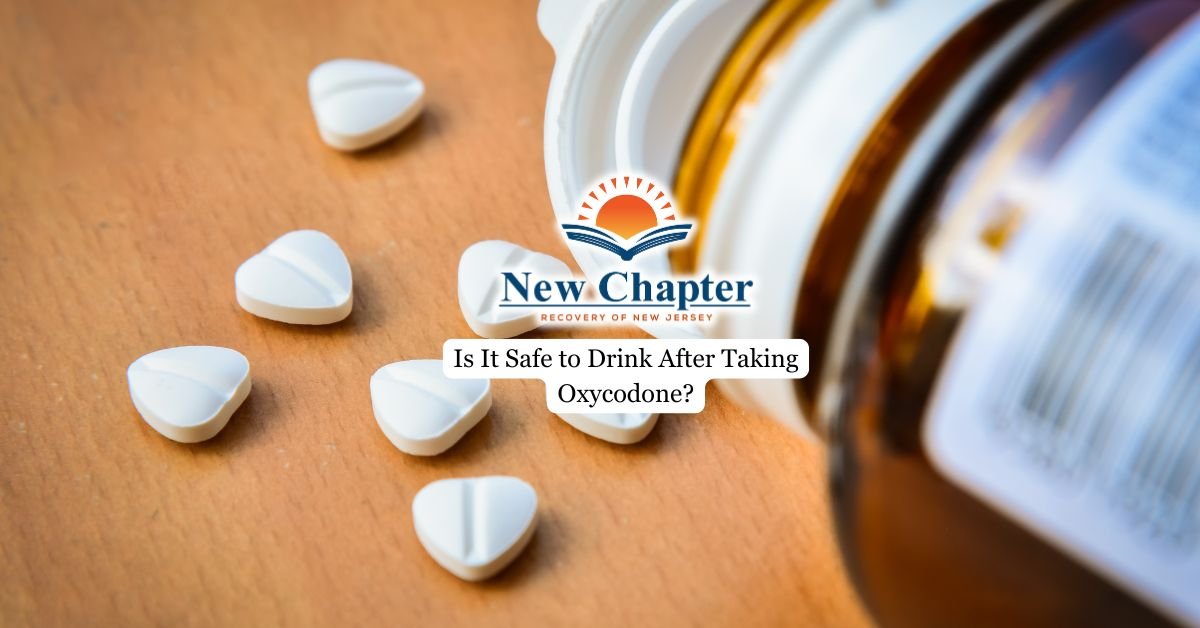Addiction Treatment Blog
- What We Treat
- Programs
- Detox Placement
- Animal-Assisted Therapy Program
- Veterans Treatment Program
- Partial Hospitalization Program (PHP)
- Intensive Outpatient Program (IOP)
- Outpatient Program (OP)
- Medication-Assisted Treatment (MAT)
- Dual Diagnosis Treatment
- Faith Based Recovery Program
- Relapse Prevention
- Individual Counseling
- Intervention Service
- Therapies
- About
- Blog
- Contact
- What We Treat
- Programs
- Detox Placement
- Animal-Assisted Therapy Program
- Veterans Treatment Program
- Partial Hospitalization Program (PHP)
- Intensive Outpatient Program (IOP)
- Outpatient Program (OP)
- Medication-Assisted Treatment (MAT)
- Dual Diagnosis Treatment
- Faith Based Recovery Program
- Relapse Prevention
- Individual Counseling
- Intervention Service
- Therapies
- About
- Blog
- Contact

Opioid vs Opiate: What You Need to Know
Understanding opioids vs opiates can help you make safer choices about pain relief and addiction treatment. This guide breaks down what each drug is, how they affect your body, why misuse is so dangerous, and what recovery looks like. Whether supporting yourself or someone you love, knowing the facts can make a real difference.

Opioid Use Disorder: Diagnosis & Treatment
Opioid use disorder can reshape your life in ways you never expected. Many people struggle to admit they're facing it, even when the signs are clear. It’s important to remember that addiction doesn’t only happen to other people. It can affect you, someone you love, or even a patient who once relied on prescribed pain relief.

Opioid Withdrawal Symptoms: What to Expect?
In this guide, we will walk through what opioid withdrawal is, the symptoms you can expect, how long it usually lasts, and how dangerous it can be. We will give you the facts about opioid addiction withdrawal, why it feels like the worst flu of your life with a mental strain on top, and what real treatment and support look like.

How Long Does an Opioid Stay in Your System?
In this article, we’ll explore how opioids work, what detection windows mean, how testing is done, and what your body’s uniqueness may mean for timelines. At New Chapter Recovery, whether you’re someone in recovery, part of a treatment program, or a healthcare and addiction professional looking for clarity, we want to use our expertise with evidence-based care to help you with the answers you seek.

Marijuana Addiction: Signs, Risks, and Help
Marijuana addiction is a controversial topic, with some in the public asserting that there is no such thing as a problematic cannabis use disorder. However, although addiction rates for Marijuana are lower than other commonly cited problem drugs like fentanyl, alcohol, and heroin, there is evidence that cannabis drug addiction is still something to take seriously.

Opioid Overdose Symptoms: Early Warning Signs
Whether it is heroin, fentanyl, counterfeit pills, or prescription painkillers, opioid overdose symptoms can sneak up fast and turn deadly in minutes as respiratory failure closes in.

Is It Safe to Drink After Taking Oxycodone?
Mixing oxycodone with alcohol can slow breathing, cause overdose, or even be fatal. Learn why this combination is so dangerous and how therapy and outpatient treatment support safe, lasting recovery.

Is Percocet the Same as Oxycodone?
Percocet and oxycodone are often confused but differ in composition. Learn how each works, their uses, side effects, and how to reduce the risk of misuse and addiction safely.

How Alternative Therapies Support Traditional Addiction Treatment
Holistic and complementary therapies enhance addiction treatment by promoting emotional, physical, and spiritual healing. Discover how integrating traditional and alternative methods supports lasting recovery and overall well-being.

What Is a Relapse Prevention Plan?
A relapse prevention plan helps individuals in recovery stay sober by identifying triggers, building coping strategies, and creating a support system for long-term success.

In-Network vs Out-of-Network Rehab
In-network rehab offers lower costs and easier billing, while out-of-network rehab may provide unique or specialized care but at higher expenses. Understanding both helps individuals choose treatment that balances affordability and recovery needs.

Is PHP for Addiction Treatment Covered by Insurance?
Wondering if insurance covers a partial hospitalization program for addiction treatment? Learn how PHP coverage works, what factors influence it, and the protections offered by federal parity laws.

What Is Denial in Addiction?
Denial in addiction often leads individuals to minimize or rationalize substance use, delaying treatment. Recognizing its signs helps families encourage awareness, compassion, and professional support for lasting recovery.

How to Have a Tough Conversation with an Addict in Denial
Addiction denial prevents many from seeking help. Learn how to approach loved ones with compassion, set boundaries, and encourage professional treatment options for lasting recovery.

Does Rehab Show Up On A Background Check?
Rehab does not appear on background checks. Medical records are confidential under HIPAA and 42 CFR Part 2, protecting your privacy. Learn how these laws safeguard recovery and what to expect when job hunting after treatment.
Let's Talk
Don’t be afraid to reach out to our professional and passionate team. A caring professional is waiting to be your guide in treating and managing your mental health disorder.
Call Us: (551) 353-2484

